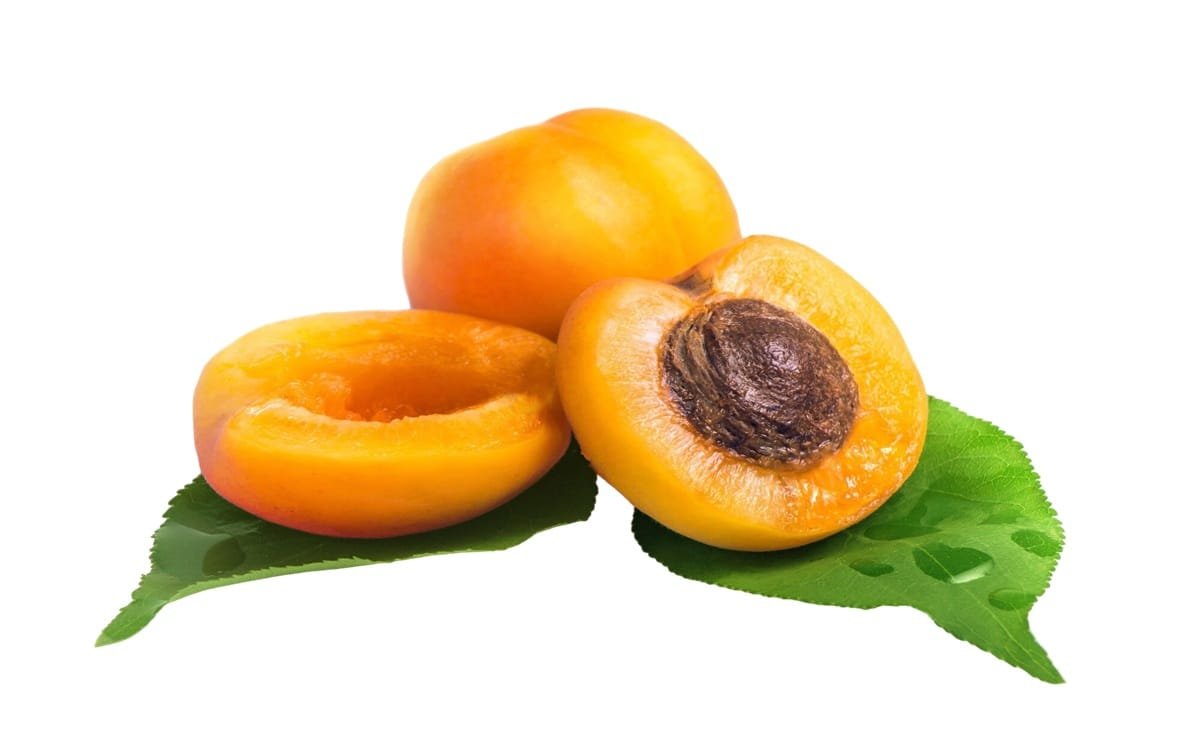Apricots: A Miracle for Skin, Heart, and Eyes — But Not for Everyone!

Apricots aren’t just tasty summer fruits — they’re nutrient-packed golden gems full of vitamins, minerals, and antioxidants that support your overall health. But beware: for some people, apricots may cause more harm than good.
In this article, discover the benefits, risks, nutritional value, and who should avoid apricots.
Nutritional Value of Apricots (Per 100g)
| Nutrient | Amount per 100g | Approx. % of Daily Need |
|---|---|---|
| Calories | 48 kcal | 2% |
| Fiber | 2 g | 8% |
| Vitamin A | 1926 IU | 38% |
| Vitamin C | 10 mg | 11% |
| Potassium | 259 mg | 7% |
| Iron | 0.4 mg | 2% |
| Calcium | 13 mg | 1% |
Health Benefits of Apricots
1. Enhances Eye Health:
Rich in vitamin A and beta-carotene, apricots protect your vision and may help prevent macular degeneration and night blindness.
2. Rejuvenates the Skin:
With high antioxidant content and vitamin C, apricots boost collagen production and reduce signs of aging like wrinkles and dullness.
3. Supports Heart & Blood Pressure:
Potassium helps regulate blood pressure and supports heart function, reducing the risk of stroke and hypertension.
4. Improves Digestion:
Its dietary fiber content improves gut health, eases constipation, and promotes regular bowel movements.
5. Strengthens Immunity:
The combination of vitamins A and C helps your body fight infections and recover faster from illnesses.
Who Should Avoid Apricots?
| Risk Group | Reason for Caution |
|---|---|
| Diabetics | Contains natural sugars; monitor portions |
| People with acid reflux or ulcers | Can increase stomach acidity |
| Kidney patients | High potassium may strain kidney function |
| Blood thinner users | May interact with vitamin K (in large doses) |
| Infants under 1 year | Potential allergen or digestive irritant |
Best Ways to Eat Apricots
- Fresh as a snack
- In smoothies or fruit salads
- With yogurt or breakfast cereals
- Dried (preferably unsweetened)
Warning: Avoid consuming apricot kernels. They contain compounds that can turn into cyanide in the body and may be toxic in large amounts.
This article is for informational purposes only and does not constitute medical advice. Always consult your doctor or a qualified health professional before making changes to your diet, especially if you have underlying health conditions.

